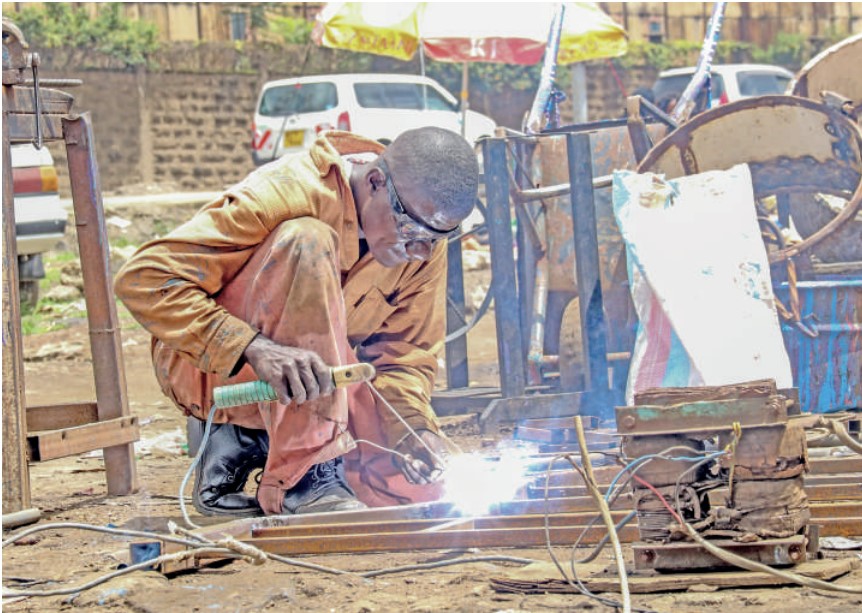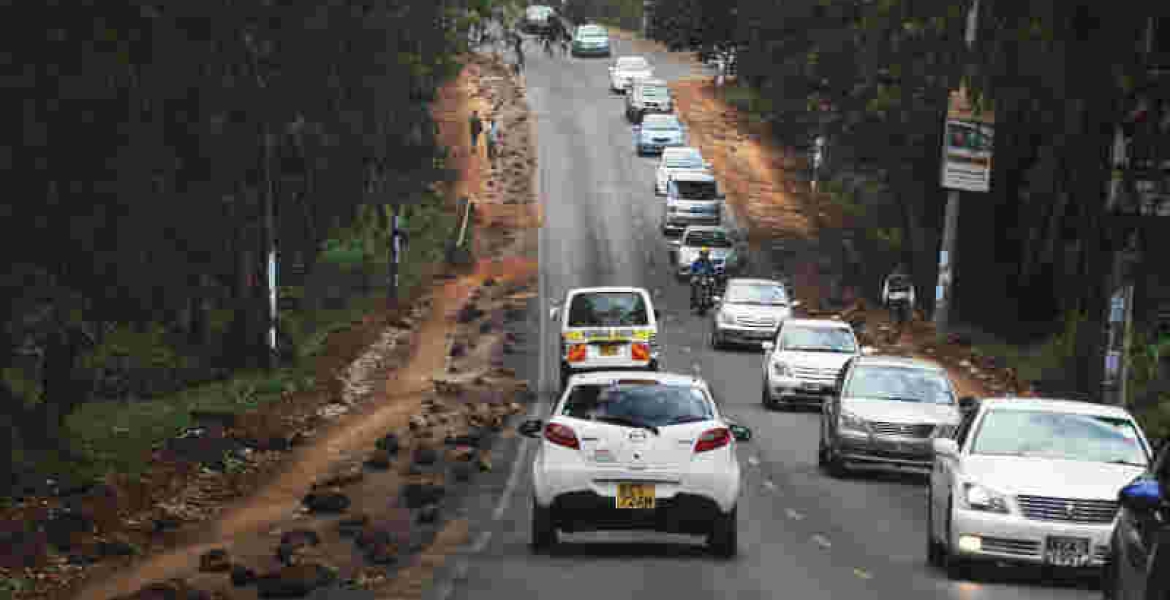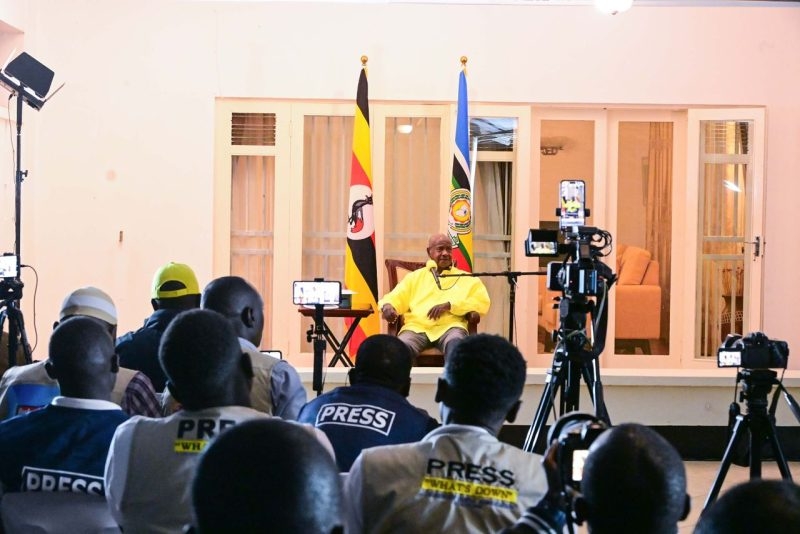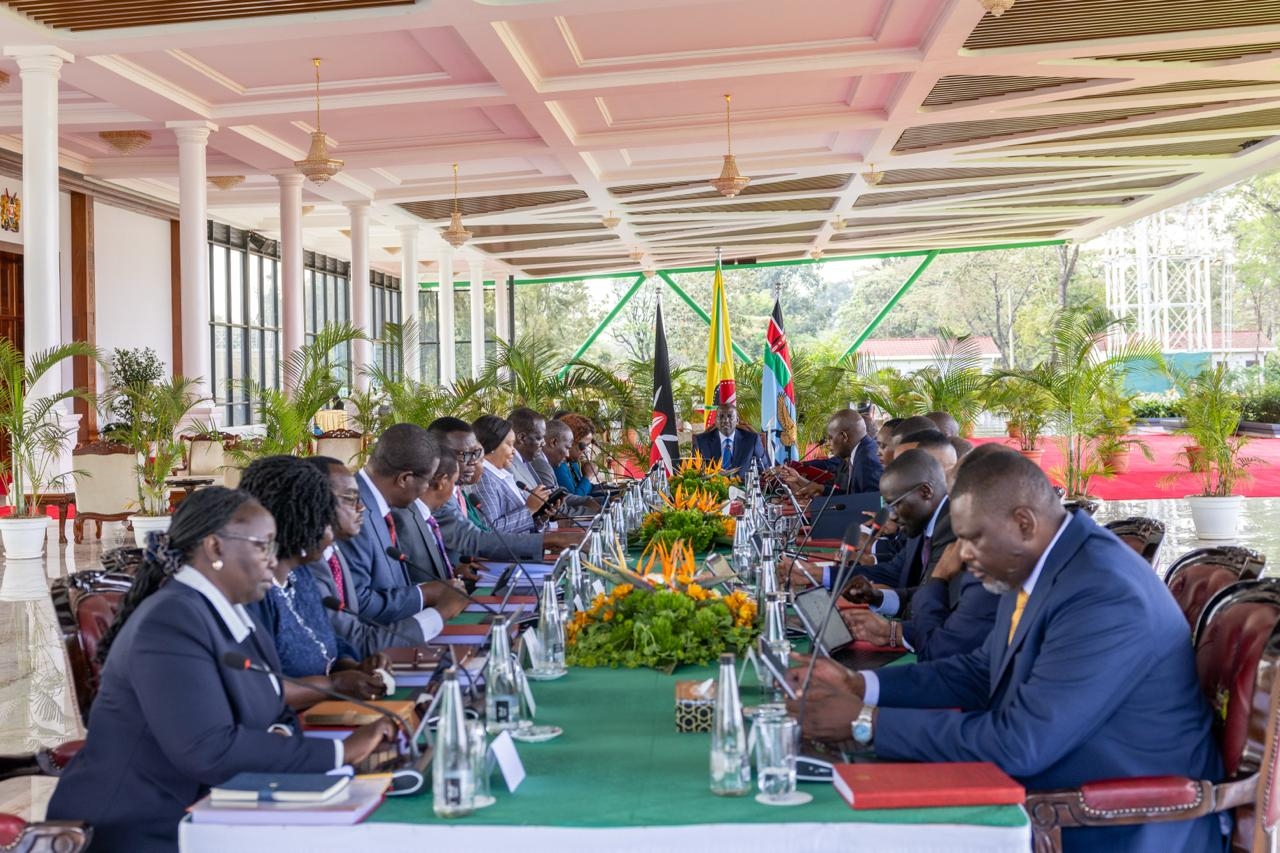
 A Jua kali trader at work /FILE
A Jua kali trader at work /FILE
Small business owners want President William Ruto to ban the importation of basic commodities, including furniture and toothpicks, to protect local talent.
Speaking at the ongoing East Africa Micro
Small and Medium Enterprises Trade Fair in Nairobi, the national leadership of the Small Traders Association said that they have been sidelined in the national
policies, despite the current regime clinching power on the Hustler agenda.
According to the Confederation of Micro and Small Enterprises Kenya Chapter, National chairman, John Kihiu, although Ruto kept his word on the formation of a special ministry to cater for their needs, they still operate in the shadows as no one cares to listen to their views.
“We are calling on the government to remember us. Kenya can’t attain the first economy status if small traders who contribute 80 per cent of the workforce and contribute nearly 40 per cent of the country's GDP are sidelined,’’ Kihiu told the Star.
Kihiu said that they are ready to support the government in reviving the cottage industry and creating jobs in the overall goal of growing Kenya’s economy to the status of Asian tigers like Singapore.
“This is impossible if the government is imposing heavy taxes on raw materials, multiple business licenses, importing basic commodities and not creating favourable credit policies to accommodate our more than 17 million members.”
These enterprises span various sectors, including agriculture, manufacturing, retail, and services, providing livelihoods for millions of Kenyans.
He said that with Kenya’s youth unemployment rate hovering around 35 per cent, MSMEs offer a critical avenue for young people to gain employment or start their own businesses.
“In rural areas, small-scale farmers and artisans rely on these enterprises to sustain their livelihoods, reducing poverty and improving living standards.”
The lobby has welcomed the move by the Kenya Revenue Authority (KRA) to introduce a dedicated department to serve the Micro and Small taxpayers as a move in the right direction and indicates the taxman’s positive reception to calls by the sector for a more dedicated support on matters of taxation.
Munyiri Mutitu, National Treasurer, National Juakali Federation, echoed Kihiu’s sentiments, adding that the government must come up with a policy that allocates a certain percentage of government supply to local artisans.
He complained that the government is importing substandard furniture from China when local artists have quality products gathering dust in workshops.
“We are calling the government to order. The Juakali sector plays a crucial role in contributing to the economy's financial stability. The sector saved the country’s economy from a near collapse in the 1990s when Kenya was hit with a forex exchange crisis,’’ he said.
Munyiri wondered where the president was getting advice on the sector that contributes nearly 50 per cent of GDP without a representative in his economic council.
“Elites have hijacked Ruto’s economic policies for their selfish gains. The Juakali sector has been sidelined for the longest…even in this trade fair. Do you think a juakali artisan has the capacity to travel from Kamkunji to Uhuru Gardens? Why did the government not stage this key forum at the Kenya International Convention Centre (KICC)?”
There are more than 7.4 million MSMEs in Kenya, according to a World Bank report, contributing to employment and economic stability, yet many continue to face barriers in access to finance, markets, and networks.
Cooperatives and MSMEs Development CS, Wycliffe Oparanya, said the Nairobi meet is pushing partner states to accelerate the implementation of the East Africa Market Protocol, to enable free movement of entrepreneurs.
“This will strengthen the EAC Common Market and align our regional trade framework with the broader goals of the African Continental Free Trade Area (AfCFTA), enabling cross-border trade, reducing market barriers and stimulating new opportunities for entrepreneurs,’’ Oparanya said.
Other significant barriers include lengthy customs and immigration procedures, multiple roadblocks, delays at weighbridges and the non-harmonisation of regulations, which increase the cost and time of doing business in the region.
The 25th edition brings together more than 3,000 exhibitors drawn from across the region, all showcasing products and services that represent East Africa’s diversity, cultural expression, and innovation.
The MSME Trade Fair has evolved into the region’s largest and most influential marketplace for innovators, artisans and entrepreneurs, driving integration, enterprise and shared prosperity across Kenya, Uganda, Tanzania, Rwanda, Burundi, South Sudan, the Democratic Republic of Congo, and now Somalia.















![[PHOTOS] Gor fans march to Bondo to honour Raila](/_next/image?url=https%3A%2F%2Fcdn.radioafrica.digital%2Fimage%2F2025%2F11%2F753aaa26-999c-40fe-bf2e-409fc6282745.jpeg&w=3840&q=100)
